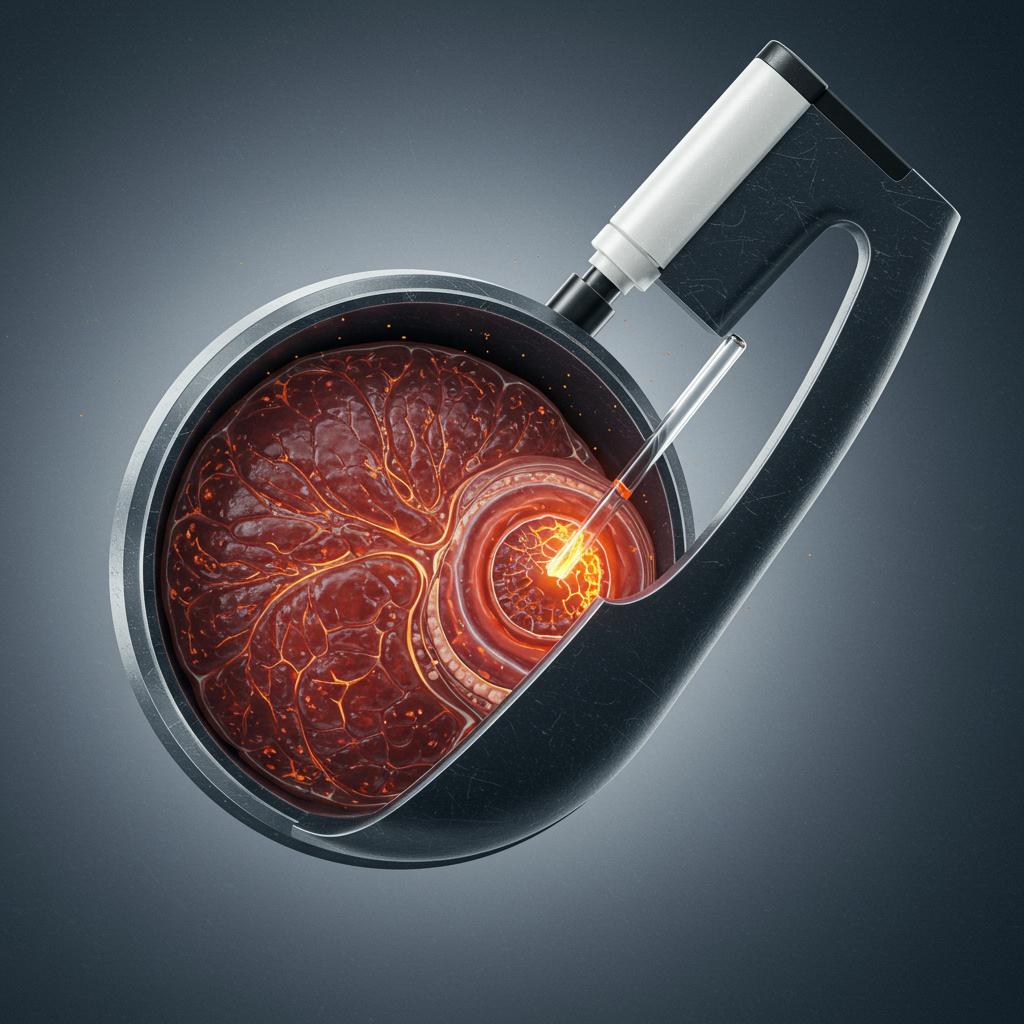
Let’s talk about testosterone replacement therapy (TRT) and its relationship with prostate cancer. It’s a topic that often generates some concern, especially for men already diagnosed with prostate cancer. While there’s been traditional hesitancy around using TRT in these cases due to worries about potentially accelerating cancer growth, the conversation is evolving, and TRT is increasingly being considered for men with low testosterone (hypogonadism) and localized prostate cancer.
So, what’s the current state of knowledge on this issue? A comprehensive review of medical literature, encompassing studies from 1994 to 2018, sheds some light. This review, adhering to strict research guidelines, looked at the connection between testosterone levels (both total and bioavailable – the type the body can actually use) and prostate cancer. The focus was on prospective studies, observational data, and randomized controlled trials – the gold standards of medical research. The review also paid particular attention to the safety of TRT in men who had previously undergone treatment for localized prostate cancer, such as surgery, radiation, or brachytherapy, or who are under active surveillance.
Here’s a breakdown of what the research suggests:
- The Safety Question: The most crucial takeaway is that we still need more definitive, long-term data on the safety of TRT for men with a history of localized prostate cancer. While some studies haven’t shown a clear link between TRT and cancer progression, the lack of extensive long-term research means we can’t give a completely clear all-safe.
- The Importance of Informed Decisions: If you’re a man with localized prostate cancer and low testosterone considering TRT, it’s essential to have an open and honest conversation with your doctor. They should explain the current evidence, including the limitations of existing research, so you can make a fully informed decision together.
- TRT and Men Without Prostate Cancer: For men without a prior diagnosis of prostate cancer, the existing evidence is more reassuring. It suggests that TRT doesn’t significantly increase the risk of developing prostate cancer later on.
- Ongoing Research: It’s important to remember that research in this area is ongoing. Scientists are continually working to better understand the complex relationship between testosterone and prostate cancer, and new findings may further inform treatment decisions in the future.
What does this mean for you?
If you’re dealing with low testosterone and are concerned about prostate cancer, here’s what you should do:
- Talk to your doctor: Open communication is key. Discuss your symptoms, concerns, and treatment options with your physician.
- Stay informed: Keep up-to-date on the latest research and advancements in this area.
- Be proactive: Don’t hesitate to ask questions and seek second opinions if needed.
This information is intended for general knowledge and does not constitute medical advice. Always consult with a qualified healthcare professional for personalized guidance and treatment decisions related to your specific health situation.
